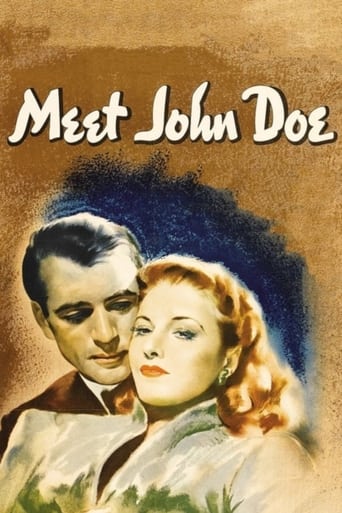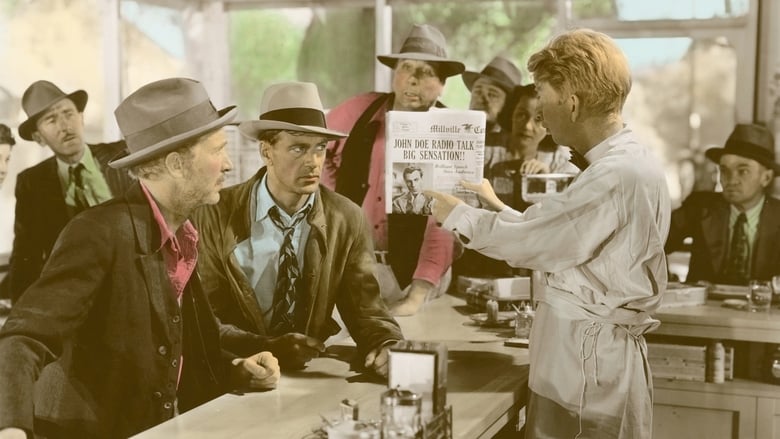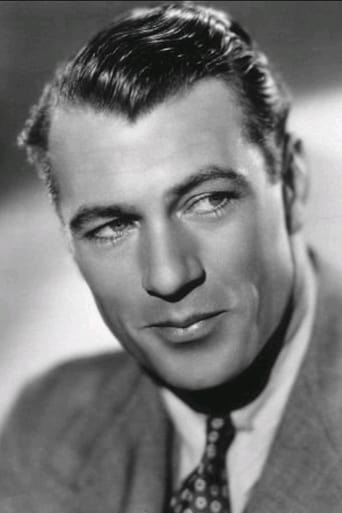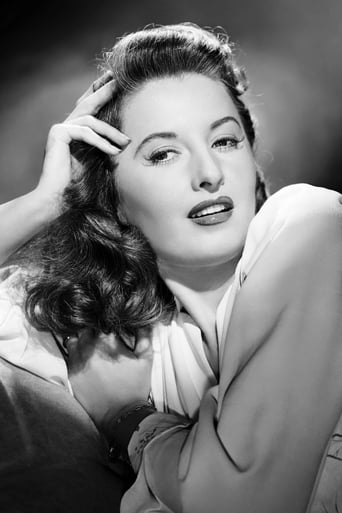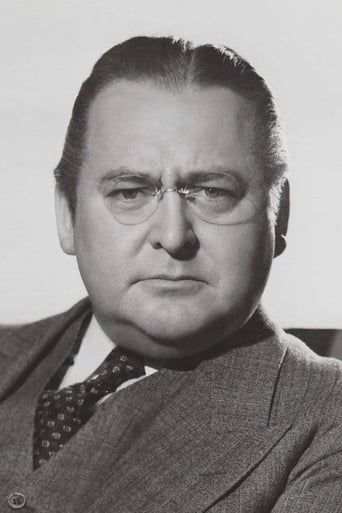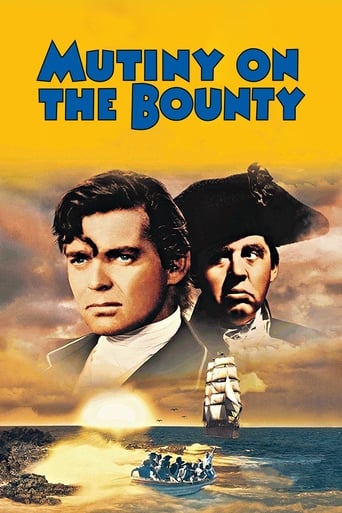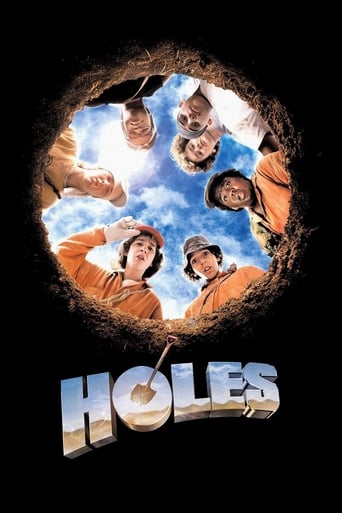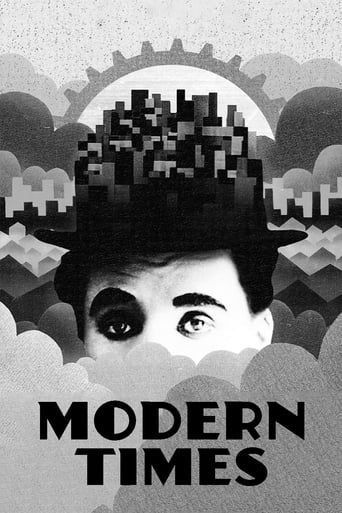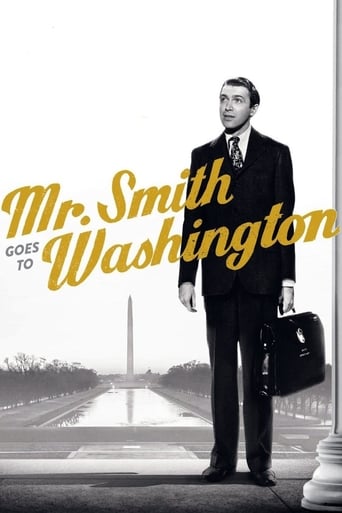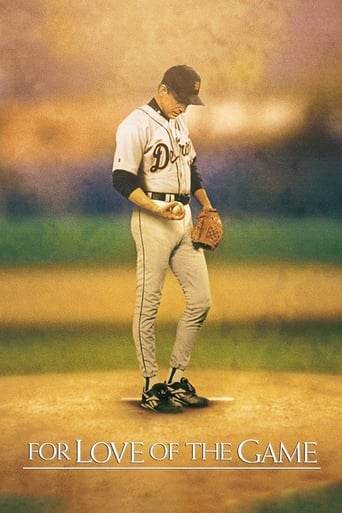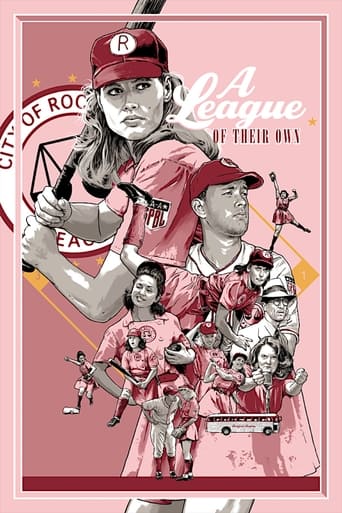Meet John Doe (1941)
As a parting shot, fired reporter Ann Mitchell prints a fake letter from unemployed "John Doe," who threatens suicide in protest of social ills. The paper is forced to rehire Ann and hires John Willoughby to impersonate "Doe." Ann and her bosses cynically milk the story for all it's worth, until the made-up "John Doe" philosophy starts a whole political movement.
Watch Trailer
Cast


Similar titles
Reviews
Anyone who thinks Frank Capra was good for nothing but sentimental schmaltz should check out "Meet John Doe" as evidence that he frequently hid a bitter pill at the center of his candied Americana.The allure of Barbara Stanwyck is what drew me to "Meet John Doe" in the first place, but I was disappointed both by her performance (uncharacteristically frantic) and by the fact that she drops out for large portions of the film. Instead, I was impressed with Gary Cooper, who delivers a tour de force performance as an average Joe who agrees to pose as a representative of the common man as part of a scheme to get back at a newspaper mogul and then finds that he begins to believe the lines he's given to recite when the scheme blows up and becomes something huge involving big business and political candidates. The film feels incredibly prescient at this moment in time, because it's so much about how easily the average working-class American is manipulated by the media and is at the mercy of rich politicians who don't give a damn about their plight but will tell them whatever they want to hear to get elected. The movie was meant as a rallying cry for good decent people to ban together and force the positive change their elected leaders and the media deny them, and ends on a hopeful note that this is actually possible. But again, watching it at this specific moment in time, it's hard to feel anything but melancholy that our country feels further away than ever from realizing the idealism Capra so earnestly believed in.In addition to Cooper and Stanwyck, the film boasts an impressive performance by Edward Arnold, whose character is representative of every manipulative, greedy politician to ever darken the American landscape, and able support from character actors James Gleason and Walter Brennan. Richard Connell and Robert Presnell were Oscar nominated for writing the film's original story.Grade: A-
Sadly Meet John Doe appears to be an uncared about film falling into the public domain. I've previously wondered if this film could have the power to inspire real life John Doe clubs, like Fight Club inspiring real life fight clubs. Meet John Doe is the ancestor to film's like A Face in the Crowd and Network, chronicling the rise and fall of a media built character. Meet John Doe is not thought of as a conspiracy/paranoia film but is a few actions scenes away from being a conspiracy thriller. After watching you'll start feeling more like tin foil hat wearing conspiracy theorist untrusting of government and the establishment. John Doe is a Christ like figure; he preaches loving thy neighbour, when he is disgraced a newspaper editor proclaims "chalk one up for the Pontius Pilates of the world" and even plans to sacrifice himself on Christmas day. On top of that, Barbara Stanwyck's speech at the end in which she tells John he doesn't have to die for the idea of the John Doe movement - that somebody else already did - the first John Doe and he has been keeping the idea alive for 2000 years, all while the Christmas bells ring. Classic Hollywood films sure love their hard hitting symbolism and metaphors. Barbara Stanwyck is a phenomenon here with so much life and energy she can make any bit of exposition entertaining. As for Gary Cooper and Walter Brennan in of their many film pairings; what is it makes them a great duo? Perhaps it's just the humorous interactions of two folksy Americans. Cooper's boyish charm is on full display here, such his baseball pitching in a hotel room to his curious on look at a naked statuette. Meet John Doe is one of the finest performances he ever gave with his outburst at the dinner meeting making the hairs on my neck stand up. Walter Brennan's The Colonel on the other hand doesn't trust any media, authority or society in general. He's comically cynical in the extreme and probably be a conspiracy theorist if he had lived in later decades. Throughout the film he refers to others as "helots"; state owned serfs of the ancient Spartans ("When you become a guy with a bank account, they got you, yes sir, they got you").Although the John Doe movement claims the John Does are inheriting the Earth, the movement is funded by a corporation; so did they not see someone like D.B Norton taking advantage of them? Edward Arnold as D.B Norton is one scary, menacing guy who is complete with his own personal army force. He defiantly gives of the Hitler vibes and yes, as I write this in 2016 I also get the Donald Trump vibes. When he sees his servants listening to Doe's speech on the radio and applauding, he realises the political power he can have if he can get John Doe on his side. Under a scheme to buy his way to power he uses the John Doe movement to further his own agenda, to create a political party of which he leads in order to become President of the United States. His description that he plans to create "a new order of things" and "the American people need an iron hand and discipline" sounds like he has the intent of turning the country into a fascist dictatorship. There's no doubt that Meet John Doe among other things was an argument against American isolationism in the war.Another striking moment of Meet John Doe is the monologue given by Bert Hanson, the soda jerker (Regis Toomey) on how little we know about our neighbours and how a failure to get the whole picture leads to misconceptions of other people. It's true in real life, people you live next to for years and you never contact them: perhaps the guy next door isn't a bad egg.Many of Capra's films showcase the people's need for a leader (Mr Deeds, Mr Smith or George Bailey) and in turn they appear to be clueless and misguided with one (think of Pottersvillie in It's a Wonderful Life) in a showcase of Capra's darker side. Here the public buying up what the media tells them such as when Norton exposes John Doe for being an apparent fraud in one of the movie's most powerful scenes as the movie captures so vividly the destruction of a dream. As dark as the movie's ending is, it still remains optimistic in which the fight goes on ("there you are Norton, the people!").
Frank Capra classic about a homeless man (Gary Cooper) paid to pretend he is the fictional John Doe who threatens to commit suicide over social injustice. Before long he finds himself at the front of a grassroots movement and in love with the woman (Barbara Stanwyck) who created the myth. Then he finds that the entire movement is a scam to help a greedy politician (Edward Arnold) become governor. Brilliant social commentary done in the inimitable "Capra-corn" style, mixing hopeful optimism with healthy skepticism. The result is a meaningful story full of colorful characters who also have shades of grey.Full of memorable lines like "I know the world's been shaved by a drunken barber, and I don't have to read it." "If it was raining hundred dollar bills, you'd be out looking for a dime you lost someplace!" "Show me an American that can keep his mouth shut and I'll eat him." And that doesn't even cover the helots! Amazing cast, direction, writing, cinematography...the whole production is excellent. An idealistic, sentimental American classic from a legendary filmmaker and some of the best actors of their time. A must-see for everybody.
This movie couldn't be more salient and relevant to our times. The "John Doe Clubs" had the appearance of embodying the disgruntled sentiments of the "Little Man", just like the "Tea Party Movement" today (which one quipster rightly has called "an exercise in mass false consciousness"). These movements of the "little man" have a long history in the US and Europe (in the US, the "Know-Nothings" of the 1850s & Father Coughlin of the 1930s, in France, the "Poujadistes", in Italy the "Qualunquisti"); and all of them end up diverting attention away from the real enemies of little people, the fat cats at the top--in Capra's movie wonderfully incarnated in Edward Arnold's character, D.B.Norton (the real-life counterparts today to D.B. Norton, and who've done a fab job of manipulating "the little people", are the Koch brothers). Capra rightly sensed that the little man's rage at being buffeted about by forces bigger than himself was exploited by the fascist movements of Europe to create right-wing mass parties which, in the end, served to protect the privileges of the wealthiest social classes from revolutionary egalitarian movements.

